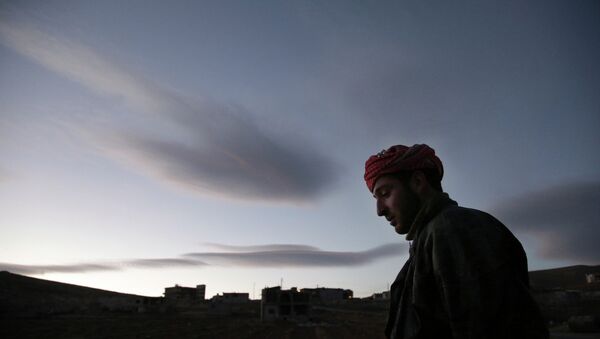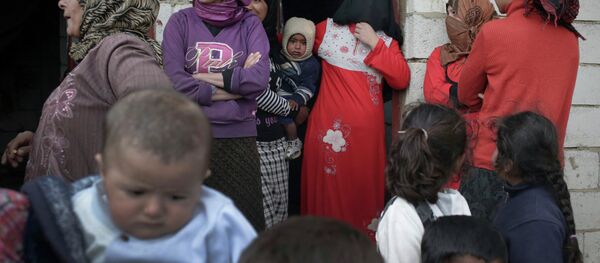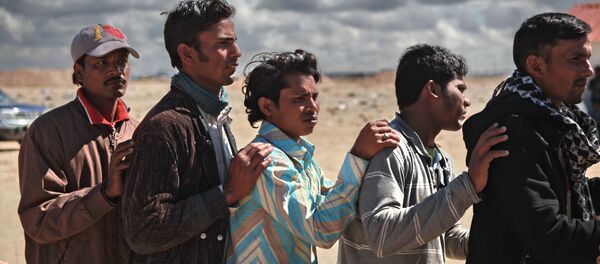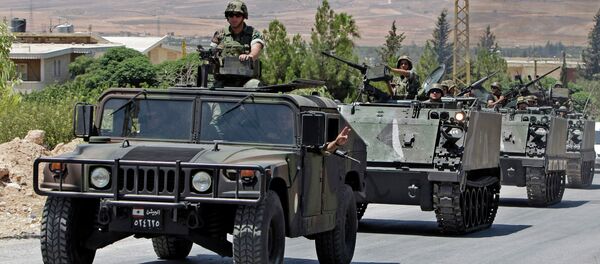"There was always money for military action. America spent $3 trillion fighting in Iraq. Britain spent £40 billion on Afghanistan alone, under the obscene rubric of "humanitarian intervention" … The US, Britain and NATO played a major part in disrupting the region, indulging in "wars of choice" in Serbia, Afghanistan, Iraq and Libya. For a decade they toppled regimes and either fought or backed insurgents with bombs and troops. Peace they did not bring," wrote Simon Jenkins, a prominent British journalist and author of "Britain and the US must help mend the Syrian refugee crisis they helped create," published by the Guardian.
"If we don't urgently get this assistance, get the $64 million for December alone, people will simply go hungry," said Joelle Eid, the WFP's communication officer, as quoted by the media source.
"Britain's eagerness for war contrasts with an aversion to the consequences," emphasizes Simon Jenkins, blasting the Western governments for creating a devastating military conflict in the Middle East.
Along with Western governments "tired of Muslim wars" and its victims, the rich Gulf monarchies are also not rushing to help their Muslim coreligionists. The Independent cited an anonymous source as saying: "It's a long-running frustration that particularly with these crises in the Middle East, the donors who don't seem to be coming forward are the Gulf states. They could be contributing more to the international humanitarian system."
Qatar and the United Arab Emirates contribute little to humanitarian efforts, the media outlet notes, adding that in 2013 the UAE "gave just $50,000 to all of WFP's projects," far less than Swaziland, Peru or Madagascar.





